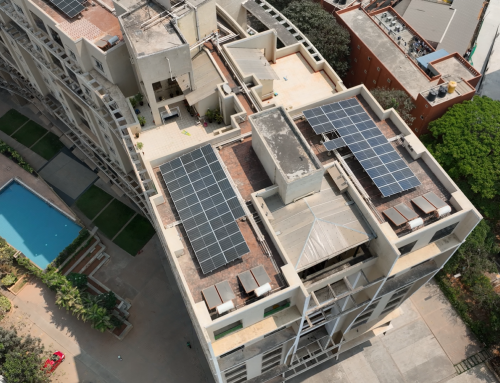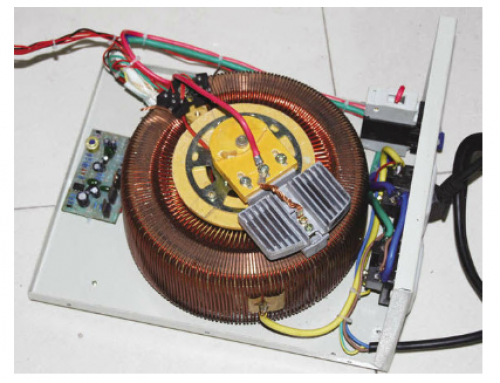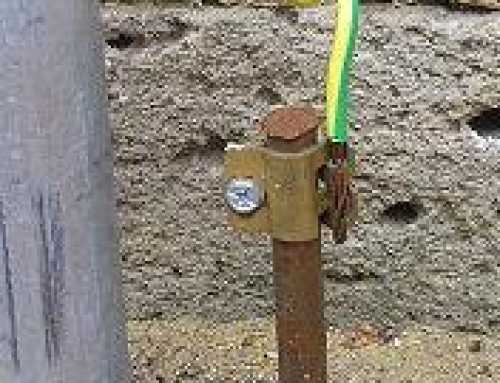Our voltage sources and our electrical loads are separated by some finite distance. And therein lies a tale! It is necessary to conduct the electric current from the source to the load and back. These conductors are what we typically call wires. They are made of metal. Like copper or aluminium. Actually they could be made even out of gold or silver. Your pcb tracks are gold plated. But if you used gold or silver conductors outside,they would be expensive and could be stolen. So we stick to copper and aluminium. All conductors have a property called electrical conductivity. For example copper has a higher conductivity than aluminium. The inverse of conductivity is resistivity. Aluminium has a higher electrical resistivity than copper. PVC has a much higher electrical resistivity than copper or aluminium. So PVC is a good electrical insulator. Wires are often coated in PVC or covered with other insulators so that they deliver electrical current to the load and back and not to each other. The word insulate is related to the Latin word for island. We are separating the wire, electrically speaking, from everything around it. When an electrical current passes through a wire, it faces resistance. Electrons that constitute the current bump into the other electrons. This causes heat. The longer and thinner the wire, the more the resistance. The greater the resistance, the greater the voltage drop and greater the power losses. So we would like to use shorter, thicker wires. Thicker wires cost more and we are not made of money. So we try to use the right thickness. We don’t need a high tension cable to light a bulb! Another thing about electrical insulators is that they become hot when a current carrying wire is in contact with them. Insulators like PVC tend to melt when they get too hot. This will cause the metal wires to come in contact with each other. When a wire carrying current one way, touches a wire carrying the return current, the current takes a short cut and we have a short circuit. The electrical load is supposed to provide most of the resistance in the circuit, but it is bypassed now. So too much current flows through the wires and makes them hot. This could melt the insulators and blow your fuse. It may also spoil other equipment. Proper selection of a wire is very, very important. There are many kinds of wires and cables. If you need a thick wire but also want physical flexibility, you must use a multi-stranded wire. Everyone has seen the coaxial cables used to carry tv signals. There, one wire core is inside the other one and they are separated by an insulator! They also have a shield to protect the weak signal from interference. There is a whole subject that deals with wire layouts and wire connectors. Electrical Wiring is an important subject for electrical and instrumentation engineers.






Leave A Comment
You must be logged in to post a comment.